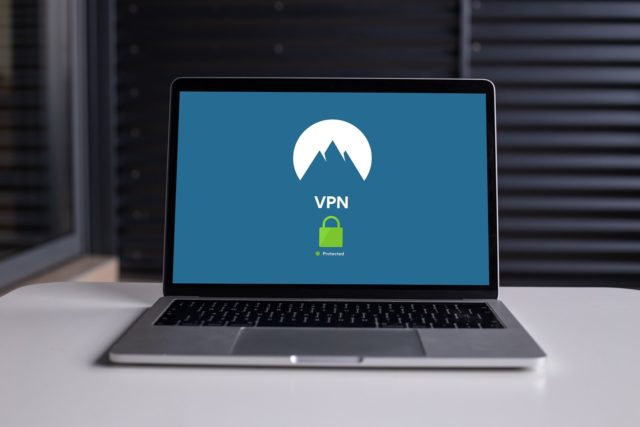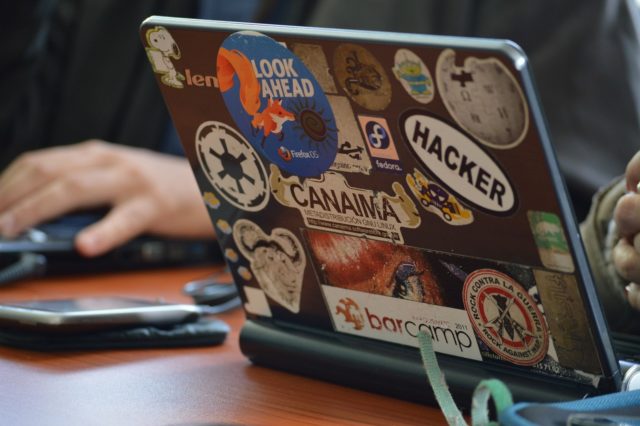A Virtual Private Network (VPN) is a technology that allows users to connect to the internet securely and privately. When you use a VPN, your data is encrypted and routed through a remote server, making it difficult for anyone to intercept or monitor your online activities.
Here’s how a VPN works:
- You connect to the internet: When you connect to the internet, your device sends data packets through your Internet Service Provider’s (ISP) network.
- You connect to a VPN server: When you use a VPN, your device connects to a remote server, typically located in a different geographic location.
- Encryption: Your data is encrypted and encapsulated in a secure tunnel between your device and the VPN server. This means that anyone trying to intercept your data will only see a jumbled mess of encrypted data.
- The VPN server decrypts your data: The VPN server decrypts your data and sends it on to its final destination on the internet. Your ISP can only see that you are connected to the VPN server, but they cannot see your online activities beyond that point.
- Privacy: Because your data is encrypted and routed through a remote server, it’s much more difficult for anyone to monitor or track your online activities. This makes VPNs a popular tool for people who want to keep their online activities private, such as journalists, activists, and people living in countries with heavy internet censorship.
In summary, a VPN provides a secure and private connection to the internet by encrypting your data and routing it through a remote server. This makes it difficult for anyone to intercept or monitor your online activities, and allows you to access the internet without compromising your privac


